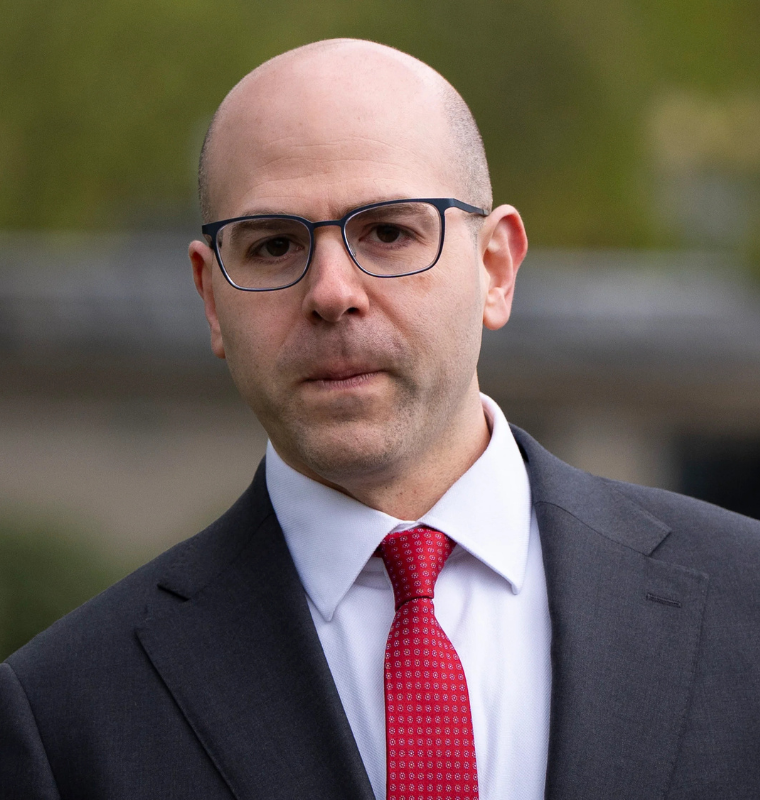U.S. FCC Targets Hong Kong Telecom Giant HKT Over National Security Risks
U.S. FCC Targets Hong Kong Telecom Giant HKT Over National Security Risks
By
Junia Wells
Last updated:
October 16, 2025
First Published:
October 16, 2025

Photo: Yahoo
The U.S. Federal Communications Commission (FCC) has taken formal steps to expel Hong Kong’s largest telecommunications provider, HKT Trust and HKT Ltd., from American networks, citing escalating national security concerns tied to China. The move marks another chapter in the growing rift between the world’s two largest economies over technology and data control.
FCC Moves to Revoke HKT’s U.S. Access
In a statement released Wednesday, the FCC said it had initiated proceedings to revoke HKT’s authority to connect directly with U.S. carriers. The decision affects HKT and its parent company PCCW, a major Hong Kong-based information and communications conglomerate.
The regulator is requiring HKT to justify why its licenses should not be terminated, which currently allow it to exchange international calls and data with U.S. networks.
“The FCC’s action on HKT today is an appropriate step toward ensuring the safety and integrity of our communications networks,” said FCC Commissioner Brendan Carr, who has led several efforts to remove Chinese-linked telecoms from the U.S. infrastructure.
Carr emphasized that the agency will continue to “safeguard America’s networks from foreign adversaries like China,” adding that HKT’s ownership structure and links to Chinese state entities raised red flags.
Market Fallout and Corporate Impact
The FCC’s announcement sent immediate shockwaves through financial markets. HKT’s shares dropped more than 5%, while PCCW’s stock fell 3.6% in Thursday trading on the Hong Kong Exchange.
According to PCCW’s 2024 financial report, HKT accounts for nearly 90% of the group’s total revenue, with approximately 13% of overall earnings derived from regions outside Greater China and Singapore—although specific countries were not disclosed.
Industry analysts say the potential U.S. ban could hinder HKT’s ability to maintain global connectivity partnerships, particularly in enterprise and cloud communication services.
A Pattern of Expulsions
HKT is not the first Chinese-linked telecom company to face such action. The FCC has previously revoked licenses for China Telecom, China Unicom (Americas), Pacific Networks, and ComNet, citing national security and espionage concerns.
Notably, China Unicom, which holds about 18.4% ownership in PCCW, lost its U.S. access in 2022. The FCC’s consistent scrutiny underscores Washington’s effort to reduce foreign influence and data vulnerabilities in American telecommunications infrastructure.
Under Carr’s leadership, the FCC has also expanded its oversight to U.S. retail and online markets. Just last week, it confirmed that millions of listings for banned Chinese electronics were removed from major U.S. e-commerce platforms as part of a broader campaign to enforce national security restrictions.
Caught in the U.S.–China Tech Crossfire
The decision against HKT comes amid intensifying U.S.-China trade and technology tensions, which have increasingly pulled Hong Kong-based conglomerates into geopolitical disputes.
PCCW’s majority shareholder, billionaire Richard Li, son of Hong Kong tycoon Li Ka-shing, has seen his family’s business empire repeatedly caught in the political storm.
Li’s FWD Group, an insurance company under his Pacific Century Group, has faced regulatory challenges expanding in mainland China, according to Bloomberg.
Meanwhile, in March, Beijing reportedly ordered state-owned firms to halt new business dealings with companies tied to Li Ka-shing’s family after his conglomerate CK Hutchison reached a $20 billion deal to sell stakes in over 40 global ports, including two in Panama, to a BlackRock-led consortium. The deal later stalled following objections from Chinese authorities who opposed the exclusion of domestic investors.
Rising Tech Tensions and Strategic Implications
The FCC’s move is part of a larger U.S. strategy to tighten control over digital infrastructure and curb Chinese access to sensitive communications networks. With both nations escalating restrictions—China tightening data export rules and the U.S. targeting telecom and semiconductor sectors—the global technology supply chain faces growing fragmentation.
Experts say the crackdown on HKT could signal a new wave of enforcement targeting companies operating in semi-autonomous regions like Hong Kong, which are increasingly viewed by Washington as extensions of Beijing’s influence.
The Bottom Line
The FCC’s push to block HKT reflects a broader geopolitical trend: national security now outweighs commercial cooperation in U.S.-China tech relations.
While the move aims to protect American networks from potential espionage, it also highlights the deepening fracture in global telecommunications, where alliances are being redrawn along political lines.
As the U.S. doubles down on its scrutiny of foreign telecom operators, companies like HKT—and their investors—are finding themselves on uncertain ground, caught between two powerful nations competing for control of the world’s digital future.
Popular articles
Subscribe to unlock premium content
The Digital Stage Economy: How Virtual Concerts Are Turning Pixels Into Profits

The Festival Economy: How Cultural Celebrations Turn Into Massive Markets

The Nostalgia Effect: How the Past Drives Modern Buying Decisions

The Digital Stage Economy: How Virtual Concerts Are Turning Pixels Into Profits

The Festival Economy: How Cultural Celebrations Turn Into Massive Markets

The Digital Stage Economy: How Virtual Concerts Are Turning Pixels Into Profits









